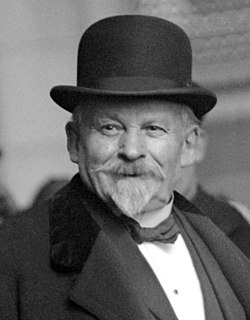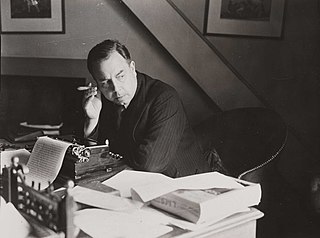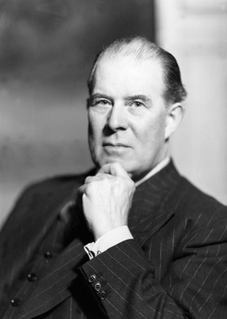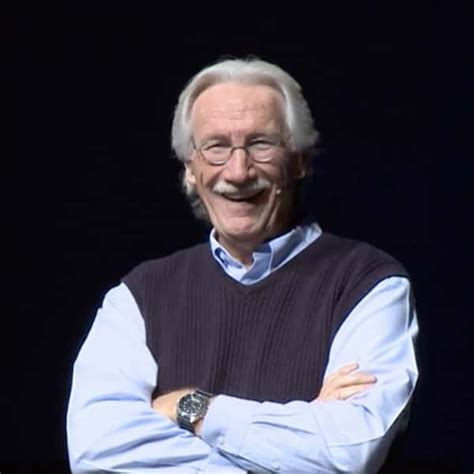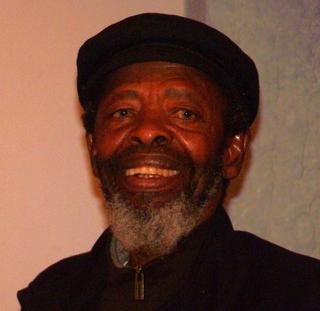A Quote by Fernando Pessoa
There is a time when it is necessary to abandon the used clothes, which already have the shape of our body and to forget our paths, which takes us always to the same places. This is the time to cross the river: and if we don't dare to do it, we will have stayed, forever beneath ourselves
Related Quotes
But the point is, now, at this moment, or any moment, we're only cross-sections of our real selves. What we really are is the whole stretch of ourselves, all our time, and when we come to the end of this life, all those selves, all our time, will be us - the real you, the real me. And then perhaps we'll find ourselves in another time, which is only another kind of dream.
There are some places which, seen for the first time, yet seem to strike a chord of recollection. "I have been here before," we think to ourselves, "and this is one of my true homes." It is no mystery for those philosophers who hold that all which we shall see, with all which we have seen and are seeing, exists already in an eternal now; that all those places are home to us which in the pattern of our life are twisting, in past, present and future, tendrils of remembrance round our heart-strings.
Emotional healing is almost always a process. It takes time. There is a very important reason for this. Our heavenly Father is not only wanting to free us from the pain of past wounds, he is also desirous of bringing us into maturity, both spiritually and emotionally. That takes time, because we need time to learn to make the right choices. He loves us enough to take the months and years necessary to not only heal our wounds, but also build our character. Without growth of character we will get wounded again.
The Greeks had two words for time. Chronos is the time we usually keep an eye on. Kairos was our participation of time. Time that moves us so that we lose our sense of time; timeless time; moments at which the clocks seems to stop; feeding, renewing, more motherly time. It's the time with which we feel one instead of outside of it, the self, the tao, the love that connects us to others.
Why are we reading if not in hope that the writer will magnify and dramatize our days, will illuminate and inspire us with wisdom, courage, and the possibility of meaningfulness, and will press upon our minds the deepest mysteries, so that we may feel again their majesty and power? What do we ever know that is higher than that power which, from time to time, seizes our lives, and reveals us startlingly to ourselves as creatures set down here bewildered?
The storyteller is deep inside everyone of us. The story-maker is always with us. Let us suppose our world is attacked by war, by the horrors that we all of us easily imagine. Let us suppose floods wash through our cities, the seas rise . . . but the storyteller will be there, for it is our imaginations which shape us, keep us, create us - for good and for ill. It is our stories that will recreate us, when we are torn, hurt, even destroyed. It is the storyteller, the dream-maker, the myth-maker, that is our phoenix, that represents us at our best, and at our most creative.
The journey to sacred places is the most common way that people travel in India. They are always going on pilgrimages to sacred places. They are always undertaking spiritual journeys to visit the great shrines in the Himalayan tier of pilgrimage places; these places are called tirthas, a word that means "crossing place," a place where you can cross the river to the far shore but also cross over into another dimension of life. Cross over to heaven, in one sense it's used.
"Give us this day our daily bread," by "this day" we mean "at this time," when we either ask for that sufficiency, signifying the whole of our need under the name of bread, which is the outstanding part of it, or for the sacrament of the faithful, which is necessary at this time for attaining not so much this temporal as that eternal happiness.

